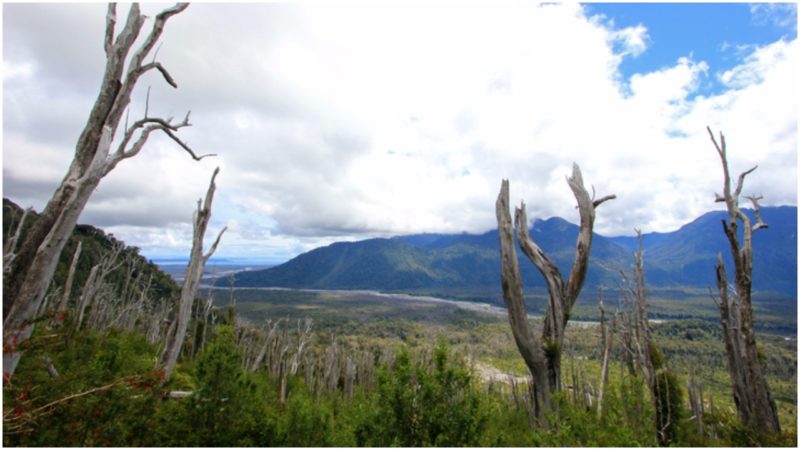South America, at first sight, seemed to be a safe heaven for big industrial companies from the USA. Rich with natural resources and cheap labor force close to the United States. But no one could have predicted the accidents that converted these towns into grim dark places.
Sewell, Chile
Founded in 1904 by Braden Copper Co. and named after the president of the company Mr. Barton Sewell. Raised high up in the Andes it was the biggest underground mining city know at the time. It is known as the city of stairs because of the steep terrain making it almost impossible for wheeled vehicles.
Basically, the town was built around a central staircase that leads to the train station and train was the only way in and out of the town. The houses and buildings were built out of timber and painted in bright colors such as yellow, blue and red, making it very colorful and pleasant to the eye.
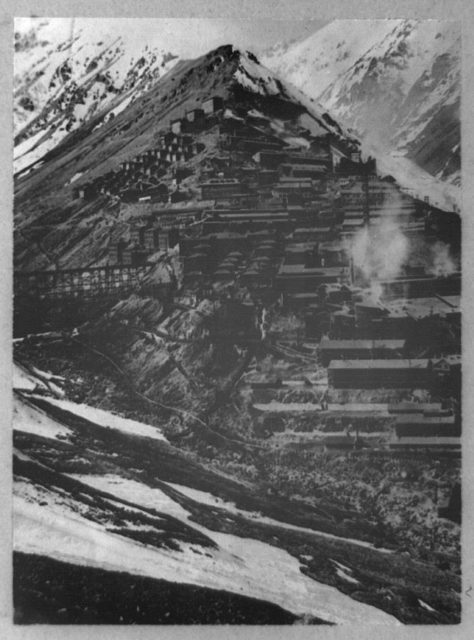
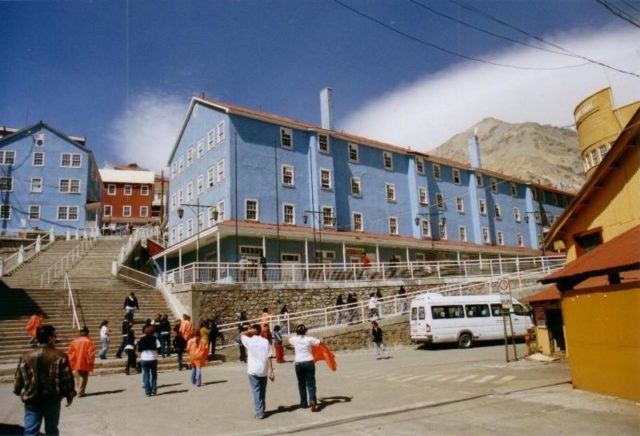
However, many accidents took place, avalanches, tragic fires in the underground tunnels, earthquakes, and explosions. In these tragic events, a lot of lives were lost which lead to the decline of the city population.
In 1971 the company started moving people out of the mountain town and into the valley and the demolishing of buildings came afterward. Today it is still impossible to visit the town by car, but some tourist agencies organize visits via train.
Fordlândia, Brazil
Fordlândia is a prefabricated industrial town in the Amazon Rainforest. It was established by Henry Ford in 1928 as a place to supply Ford Motor Company with cultivated rubber used in automobile manufacturing.
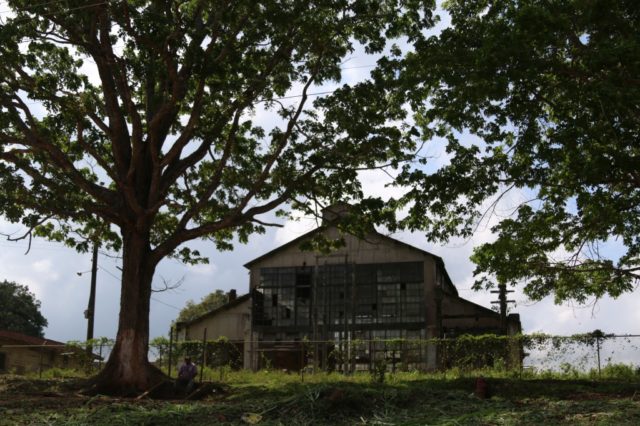
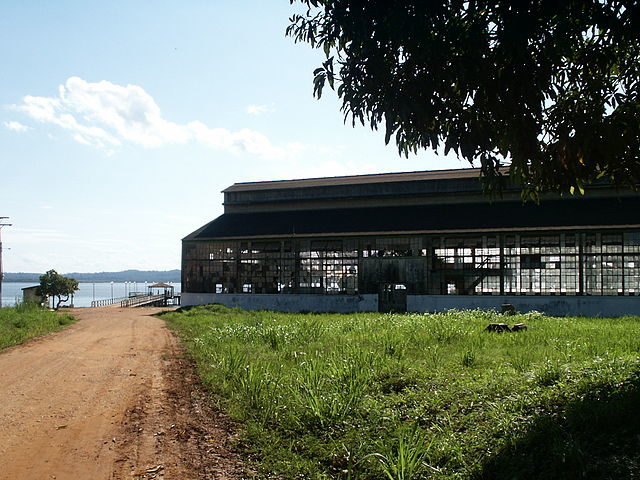
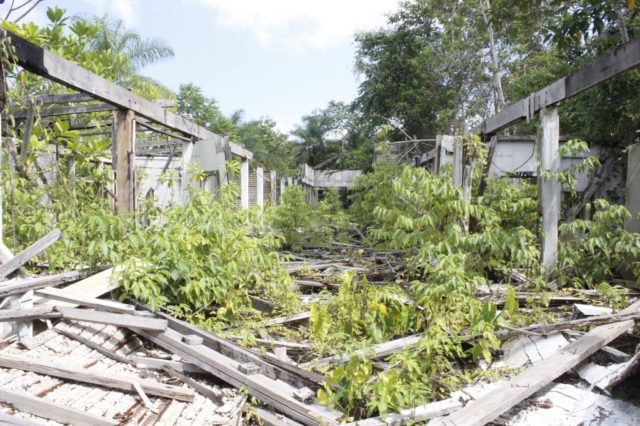
However, the conditions for rubber growing proved to be difficult and unfavorable. The Brazilian government also played part in the closing of this establishment due to trust issues and difficulties with foreign investors.
They made Ford Co. relocate the site, and later after 1945 the demand for natural rubber had declined due to synthetic rubber. Henry Ford’s grandson was forced to sell the collapsed venture with a loss of 20 million dollars. The prefabricated town of Fordlândia remains a ghost town.
Chaitén, Chile
Chaitén is a former capital of the Palena Province in Los Lagos Region, just on the Pacific Ocean and a strategically placed due to the close highway that goes inland. In May 2008 a great volcanic eruption started brewing. The Chaitén volcano erupted for the first time in 9 millenniums. Fortunately, the residents of the town were evacuated in time before the great eruption. But the city took a big hit and was completely covered with a noxious plume of ash and superheroes steam.
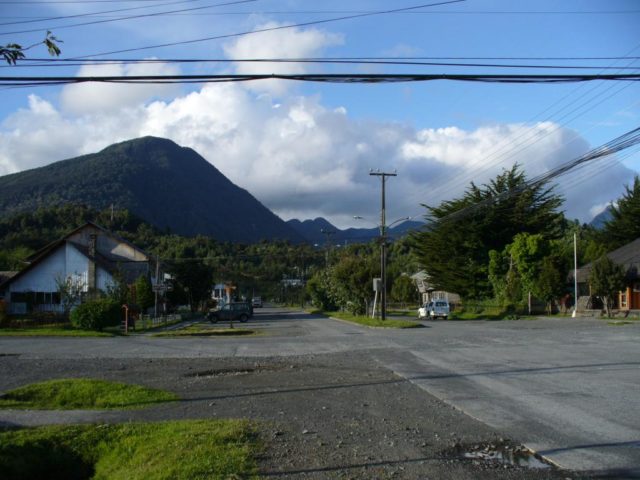
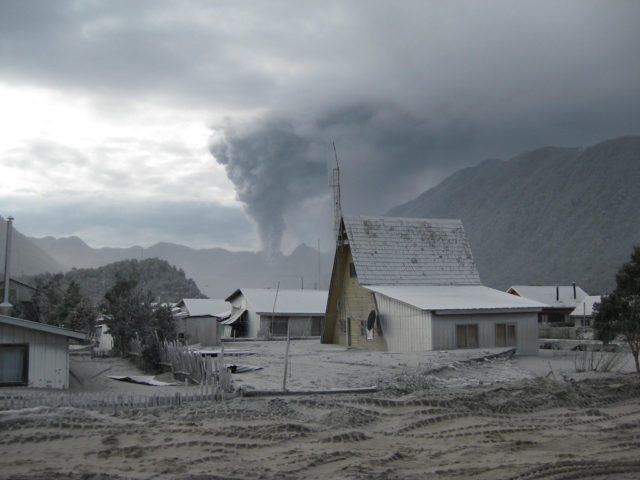
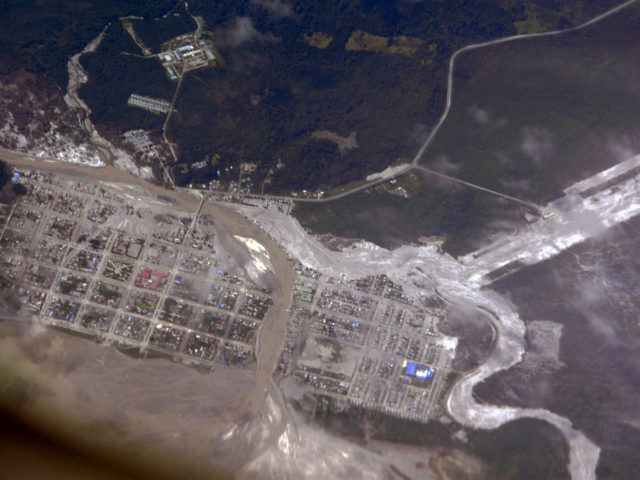
A week after the explosion another catastrophe took place as a result of the eruption. The mud and debris flow from the volcano streamed down the river bank of the Blanco River and made the river overflow. The overflowing water flooded the town and over the next couple of days make excavated a new path for itself completely destroying a significant part of Chaitén.
Humberstone and Santa Laura Saltpeter Works, Chile
The Humberstone and Santa Laura Saltpeter Works are two ex saltpeter mines now declared UNESCO World Heritage Site.They are both located in Atacama Desert and are now being abandoned and left to the ghosts. But before that, Humberstone was the most successful saltpeter mine in the region. Santa Laura did not do so well as production was very low. However, both grew very quickly and England-style buildings were built all around them.
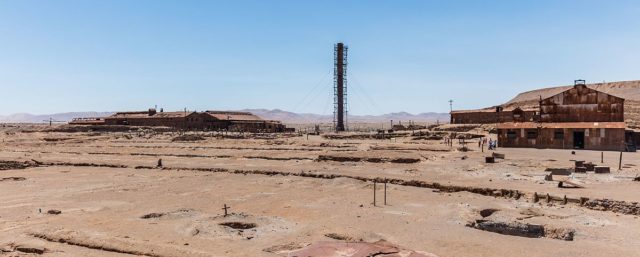
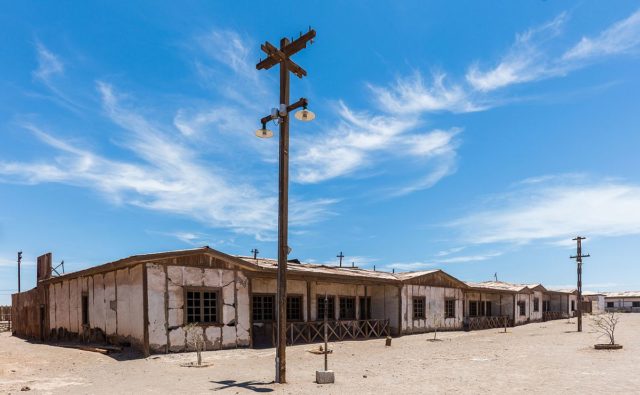
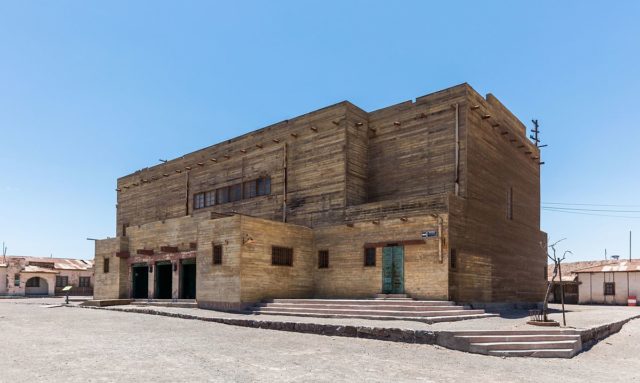
With the economic model collapse during the Great Depression of 1929 because of the development of synthesis of ammonia which led to industrial production of fertilizers. Both work sites were abandoned in 1970.
Jonestown, Guyana
The most tragic town on this list, the sad story of the Peoples Temple cult, led by Jim Jones. Jonestown was a community of American citizens escaping the capitalist world. The idea of the Peoples Temple was to live this life on their own terms as free people rather than being lost in a world they didn’t fit in with.
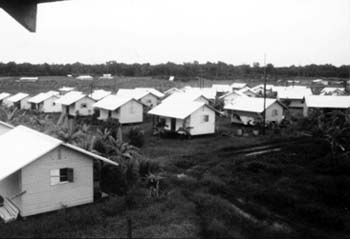
On November 18 1978 , Jonestown became enshrined in the annals of notoriety when 909 members of the cult allegedly committed suicide. The aftermath counted 918 members of the cult dead, 909 of cyanide poisoning, five were murdered at Port Kaituma airstrip including Congressman Leo Ryan and four cultists in Guyanas capital Georgetown. This is the largest massive suicide act in the known history of mankind.
